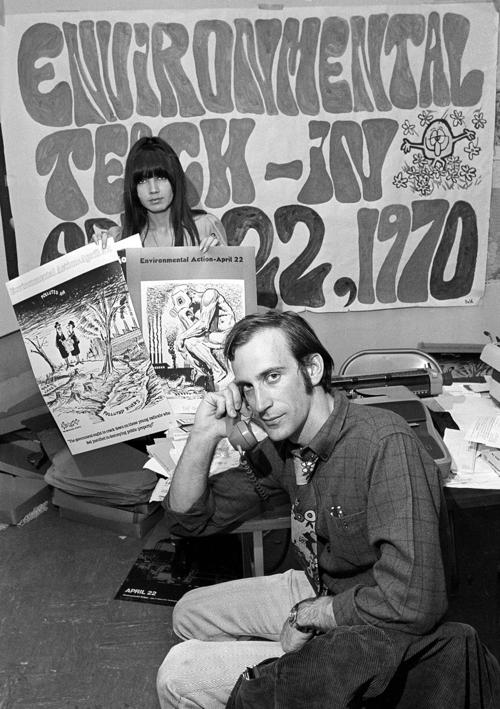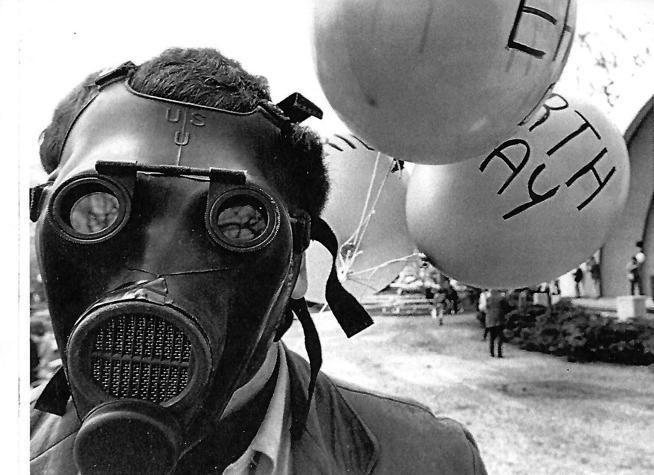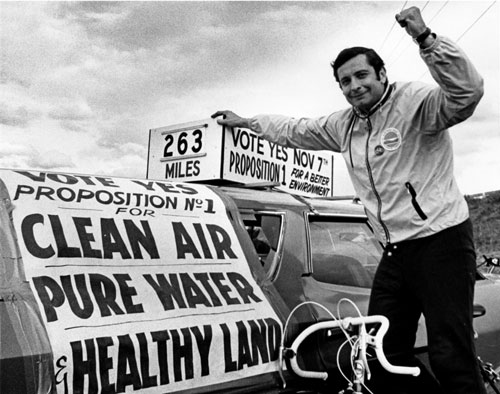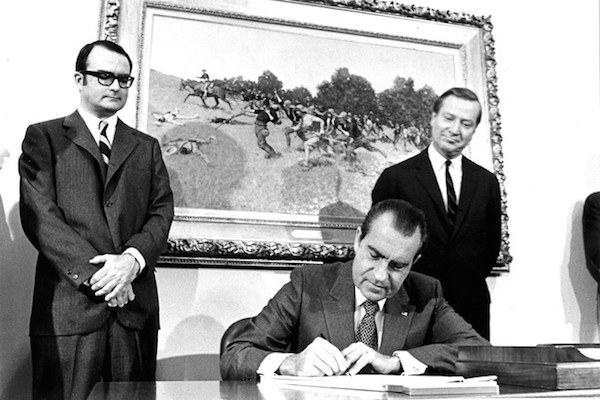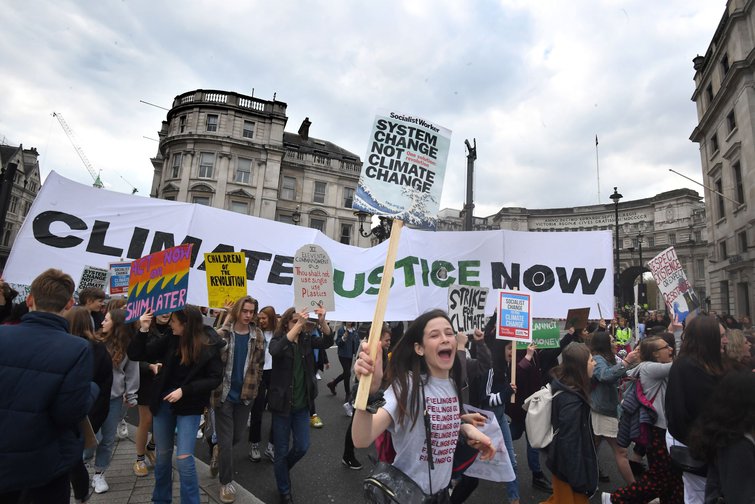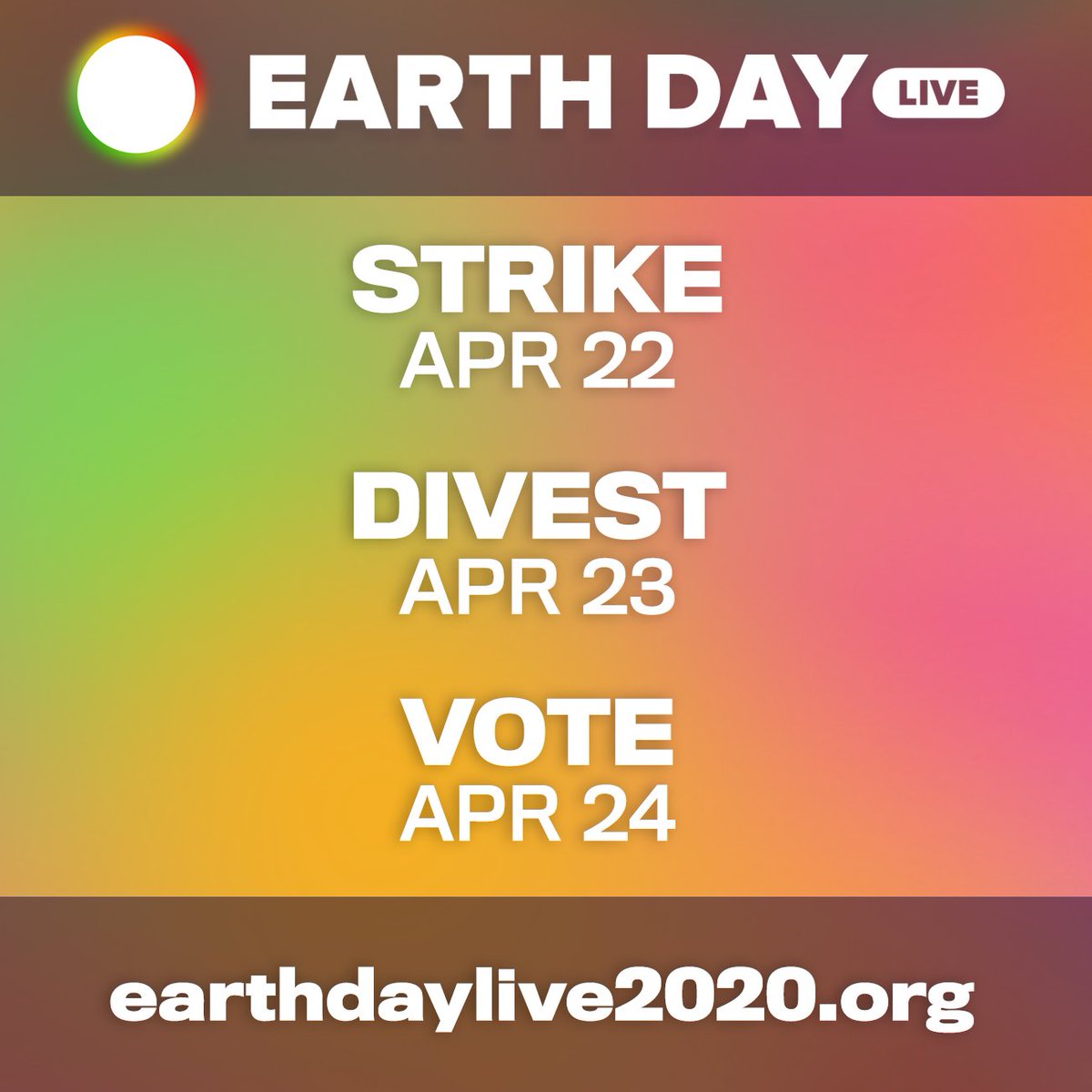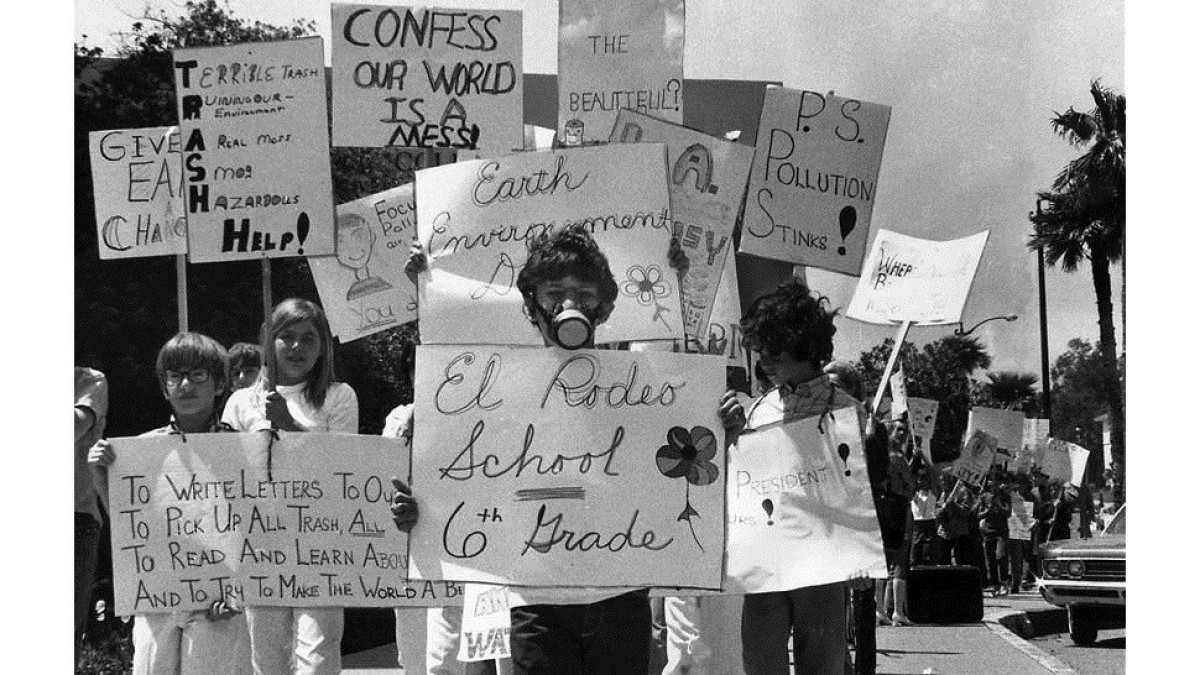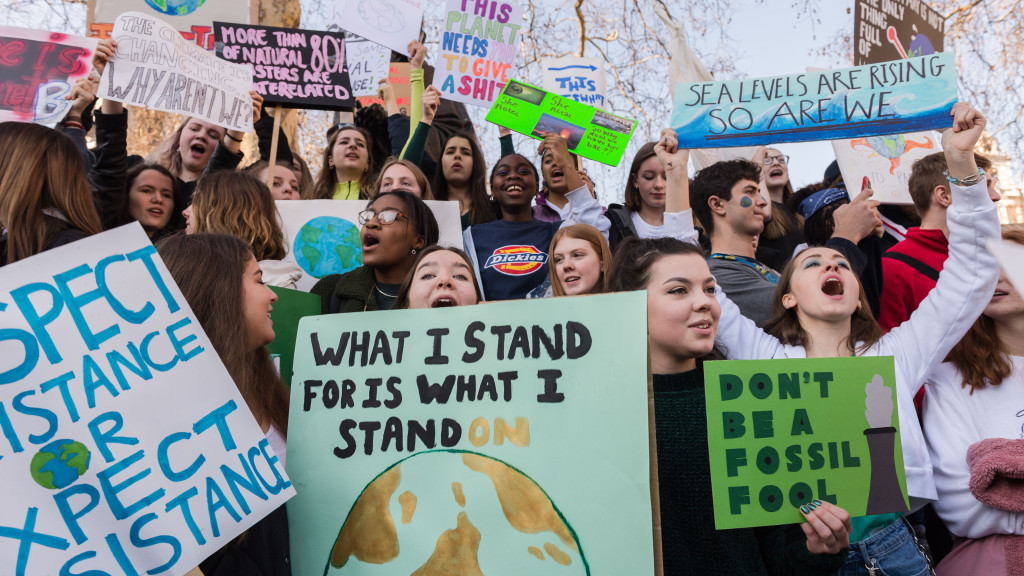The first Earth Day in 1970 was *way* more radical than people remember.
Like did you know the head of the United Auto Workers gave a speech that day advocating for a ban of the internal combustion engine?
Here are some more fun facts -->
Like did you know the head of the United Auto Workers gave a speech that day advocating for a ban of the internal combustion engine?
Here are some more fun facts -->
Much like last year& #39;s Global Climate Strikes, the first Earth Day wasn& #39;t led by the major conservation groups of the time -- it was organized primarily by a rag tag group of young people and volunteers across the country.
I mean, does this look like a fancy office to you?
I mean, does this look like a fancy office to you?
Civil Rights groups played a big role in the first Earth Day -- even before the term "environmental justice" was coined, leaders were connecting the dots between racism, inequality, and pollution.
“But now that White America is being threatened, perhaps we can deal with black needs and white needs – human needs – in a united effort to remedy the value system that has brought us to this Earth Day,” the Rev. Channing Phillips told an audience in Washington, D.C.
In 1970, Earth Day wasn& #39;t all just feel good trash pickups. In Los Angeles, organizers sold tickets to a “car smashing” to people who wanted to “vent their feelings about cars.” Lot& #39;s of people attended marches in gas masks to protest air pollution in their cities.
There was lots of corporate activism. Students protested Dow Chemical for their pollution and production of Napalm. Ralph Nader led a shareholder push at GM to get the company to produce cleaner, safer cars. In New York, protestors brought dead fish to Con Edison& #39;s HQ.
The outpouring of action on Earth Day helped radicalize the mainstream environmental movement.
"We’ve had it with industry’s complacent attitude,” said
Philip Berry, the Sierra Club’s president in May 1970. “Companies had better learn soon that it’s going to be all-out war.”
"We’ve had it with industry’s complacent attitude,” said
Philip Berry, the Sierra Club’s president in May 1970. “Companies had better learn soon that it’s going to be all-out war.”
The movement also got political. Right after Earth Day, organizers created the first "Dirty Dozen" list of politicians who were bad on the environment (and supported the Vietnam War).
They defeated 7 of them that November.
They defeated 7 of them that November.
And with this level of activism, things changed fast! Public pressure forced Richard Nixon, no environmentalist, to pass a whole wave of new laws that are the bedrock of our protections today.
Protests get the goods.
Protests get the goods.
So what happened? Why did Earth Day become so mainstream (and kind of lame)? Well, there are a lot of factors, but corporate greenwash, the institutionalization of the environmental movement, and Ronald Reagan have a bunch to do with it...
The good news is that 50 years later, the radical spirit of the original Earth Day is alive and well.
Back then, "environmentalism" was the new idea shaking up the conservation movement.
Today, the climate justice movement is shaking up traditional environmentalism.
Back then, "environmentalism" was the new idea shaking up the conservation movement.
Today, the climate justice movement is shaking up traditional environmentalism.
This Earth Day, young people are leading Earth Day Live, three days of teach-ins and digital action to help strengthen the movement for climate justice.
Sign up here: https://www.earthdaylive2020.org/ ">https://www.earthdaylive2020.org/">...
Sign up here: https://www.earthdaylive2020.org/ ">https://www.earthdaylive2020.org/">...
The media always has a way of sanitizing the past -- but this Earth Day, more than ever, let& #39;s remember that change always comes from the bottom up.
If it feels radical today to demand and end to fossil fuels and a Green New Deal, it probably means we& #39;re on the right track.
If it feels radical today to demand and end to fossil fuels and a Green New Deal, it probably means we& #39;re on the right track.
p.s. Yes, I& #39;m a serious Earth Day nerd and wrote my college history thesis on it (before trying to go out and recreate its energy with Step It Up, 350, Peoples Climate March, Global Climate Strikes and more). If you want to read more, here it is: http://www.msnbc.com/msnbc/what-the-original-earth-day-can-teach-us">https://www.msnbc.com/msnbc/wha...

 Read on Twitter
Read on Twitter